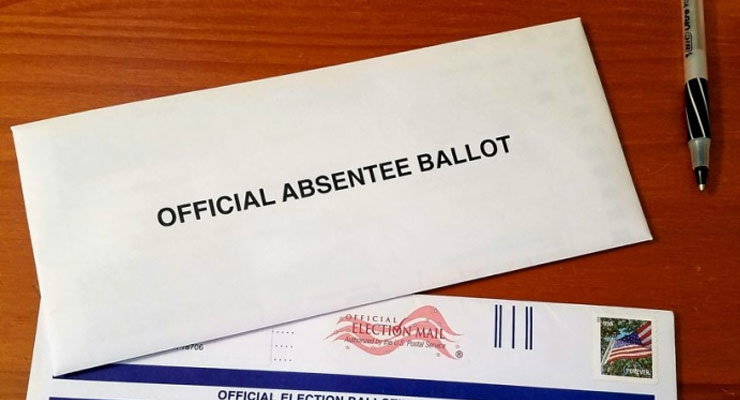
Illinois wons argument over granting remote voting access to American Samoa but not Puerto Ricans as Ballot Access News explains:
On October 28, U.S. District Court Joan Gottschall issued her opinion in Segovia v Board of Election Commissioners for Chicago, n.d., 15c-10196. The plaintiffs are U.S. citizens who live in Puerto Rico, Guam, and the U.S. Virgin Islands. Even though they are citizens who formerly lived in Illinois, the state will not furnish them with overseas absentee ballots. But, due to an outdated Illinois law, former Illinois residents who are citizens and who move to American Samoa may receive Illinois overseas absentee ballots. The 18-page decision says there is a rational reason for the Illinois policy.
From the decision by U.S. District Court’s Joan Gottschall:
The plaintiffs in this action are six United States citizens who are former residents of Illinois and who now reside in Puerto Rico, Guam, or the U.S. Virgin Islands, plus two organizations that promote voting rights in United States territories. The defendants are comprised of state and federal voting-related commissions and groups, as well as the United States of America and several individuals sued in their official capacities. A complete description of the parties and the underlying factual history of the case can be found in this court’s August 23, 2016 Memorandum and Order (the “prior order”).
Also, you can find much more information on absentee ballots at the Department of State’s Passport Services Directorate. For starters:
Now all U.S. citizens can receive their blank ballots electronically. Depending on the state in which you are eligible to vote, you may get your ballot by email, fax, or internet download. To start, go to www.FVAP.gov to complete a new Federal Post Card Application (FPCA), print and sign the form then return it to your local election office in the United States. We recommend overseas U.S. citizens get in the habit of completing FPCAs each January. You should include your email address on the form so it’s easier for your election officials to reach you if there is a problem. If your state delivers ballots electronically by fax only, be sure to include your fax number. If you request electronic delivery and include your email address or fax number, you’ll receive your blank ballot 45 days before general and mid-term elections and generally 30 days before special, primary, and run-off elections for federal offices. Most states now have voter registration verification websites, and many offer a means of tracking the status of your registration and ballot.
IMPORTANT NOTE: States are no longer required to automatically send ballots to voters for an entire election cycle so everyone who wants to vote in U.S. elections from overseas should send in a new Federal Post Card Application in January of each year.
Leave a Reply